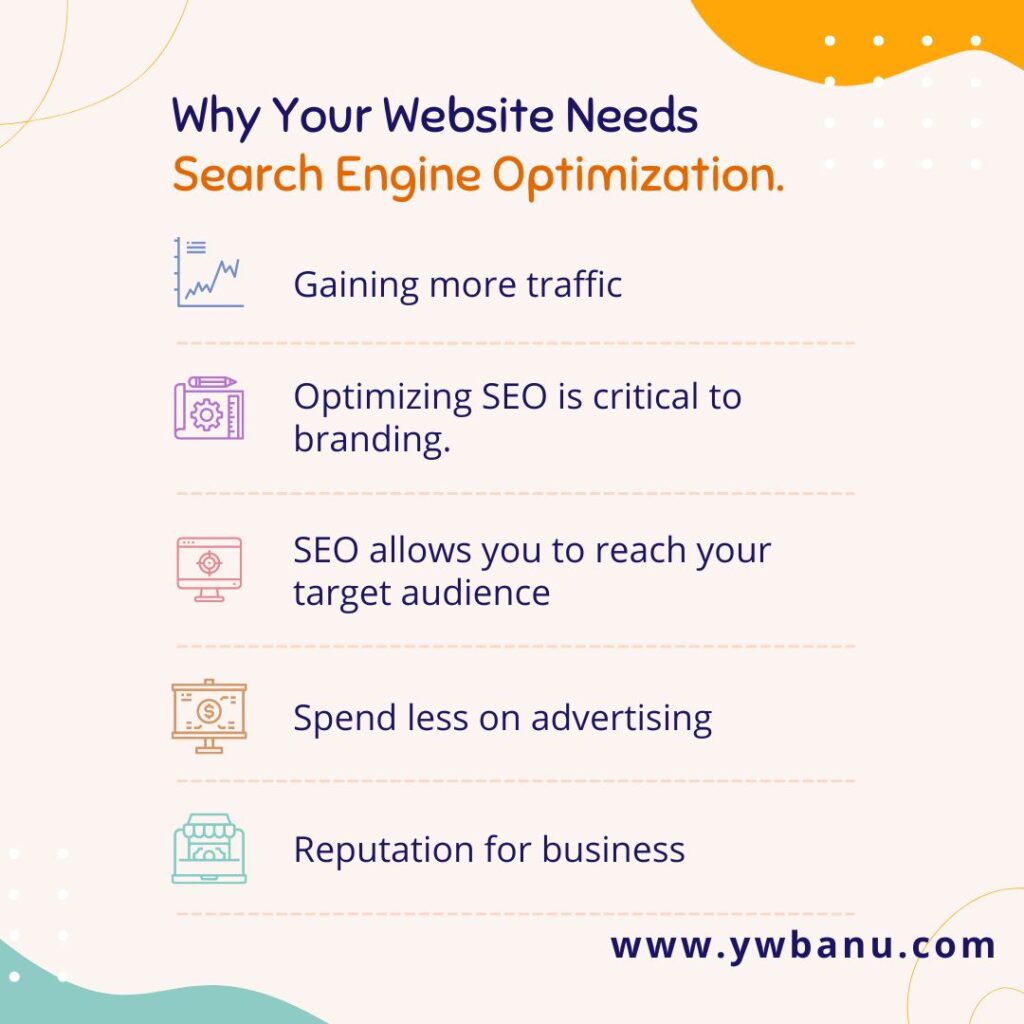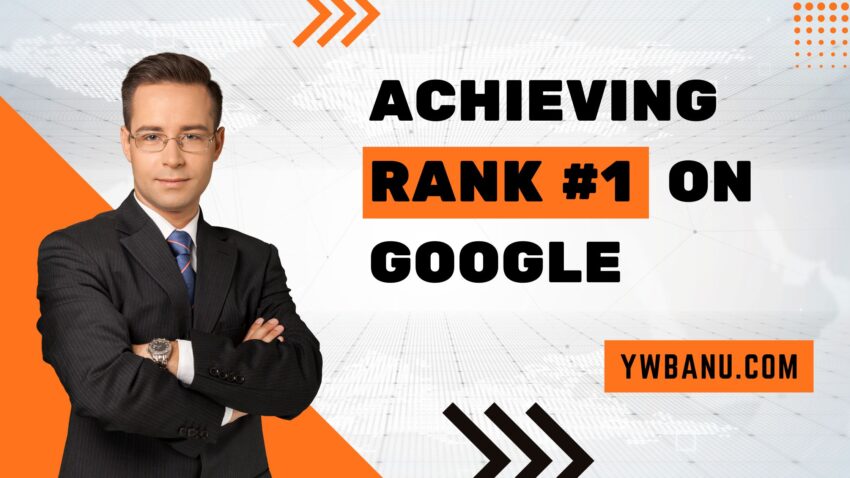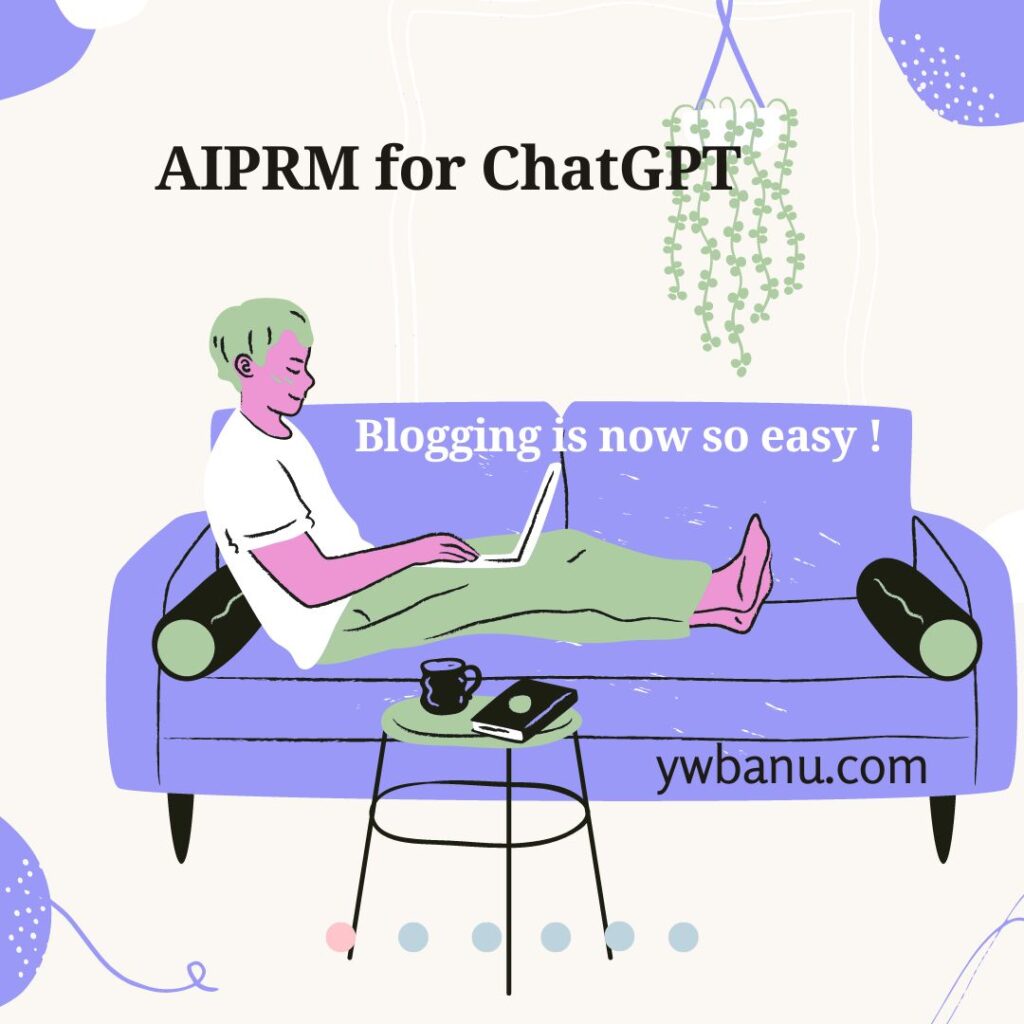Table of Contents
Google is the most widely used search engine, and it’s no surprise that people want to rank #1 on its results page. But achieving such a feat isn’t easy – ranking at the top of Google takes time, effort and a lot of SEO know-how. Knowing how to rank on page 1 of google is the first step for your website or business success.
In this guide, you’ll learn about the different ways you can increase your search engine rankings, from keyword research and content optimization to link building and more. Plus, we’ll provide you with tips on how to stay ahead of the competition.
So, whether you’re a small business owner, blogger, or website administrator, this article is for you.
Don’t miss out on this opportunity to learn the secrets to ranking #1 on Google and taking your online presence to the next level.
Unlocking the Mystery of Google’s Ranking Factors
Google’s ranking factors are a well-kept secret. The search engine giant has never released an official list of what they are and how they work. However, over the years, through extensive research and experimentation, SEO experts have been able to identify more than 200 factors that can influence your website’s Google ranking.
But, let’s face it, the competition is fierce and the task can seem daunting. That’s why we’re here to help.
In this guide, we’ll look at some of the most important ranking factors and what you can do to improve your website’s ranking on Google.
1. Relevance
One of the most important ranking factors is relevance. Your website needs to be relevant to the keywords that people are searching for. If you’re selling shoes, then your website should be optimized for keywords related to shoes. You can use Google’s Keyword Planner tool to research relevant keywords.
2. Authority
Another important factor is authority. Google wants to see that your website is a trusted source of information. You can build authority by creating high-quality content that is relevant to your niche. Make sure to include links to other authoritative websites in your content as well. You can also build authority by getting other websites to link to yours.
3. Freshness
yet another key ingredient when it comes to cooking up a tasty recipe for success with rankings on google is “freshness” This means that your site needs continually updated, not just sitting there like yesterday’s news waiting for someone When you have new content, google take this as a sign that you are actively trying to provide value and engage with your readers, so it rewards you with higher rankings.
4. Mobile Compatibility
Google now considers mobile compatibility when ranking websites. If your website is not optimized for mobile devices, it’s likely to be penalized in the rankings. Make sure your website is responsive and looks good on all devices, including smartphones and tablets.
5. Backlinks
Backlinks are links from other websites pointing to yours. They are important because they act as a signal of trust to Google and can help improve your rankings if they come from authoritative websites. You can build backlinks by writing guest posts on other websites or utilizing link-building strategies such as broken link-building or the skyscraper technique.
These are just some of the main ranking factors that can influence your Google rankings. By following these tips, you can help improve your website’s visibility and reach more potential customers online.
6. AIPRM for ChatGPT to boost and Rank #1 on Google
Are you looking for a quick and easy way to improve your website’s search engine optimization? Your Marketing? Your Sales and Support? With just one click, you can access a curated selection of ChatGPT prompts designed explicitly for a list of curated prompt templates for SEO, SaaS, Marketing, and more ChatGPT.
These prompts will help you optimize your website and boost its ranking on search engines.
Don’t waste any more time struggling to engineer the perfect prompts – let the AIPRM ChatGPT Prompts for SEO extension do the work for you!
Now, you can save your prompt templates for your use or share them with the community for all to benefit from. As a prompt template author, your name and a link will be very prominently displayed next to the prompt, giving you the opportunity for clicks and recognition.
Maximize Your Visibility with SERP Optimization Services
In today’s digital age, having a strong online presence is crucial for any business or website. And what better way to establish that presence than by ranking at the top of the world’s most popular search engine?
If you’re not appearing on the first page of Google for relevant keywords, you’re losing out on valuable traffic to your website.
When it comes to search engine optimization (SEO), your goal is to ensure that your website appears as high up on the search engine results pages (SERP) as possible. This is important because research has shown that the higher up on the SERP a website appears, the more likely people are to click on it.
There are a number of different factors that go into determining where your website will appear on the SERP. These include things like the quality of your content, the keywords you use, and how well your website is structured.
One of the most important things you can do to improve your SERP ranking is to optimize your website for rich snippets.
Rich snippets
Rich snippets are special markup that you can add to your website’s code that gives search engines additional information about your content.
This information can include things like reviews, ratings, and author information. Adding rich snippets to your website can help it stand out on the SERP and improve your click-through rate.
If you’re not sure how to add rich snippets to your website, there are a number of plugins and tools available that can help. optimizing your website for rich snippets is just one way you can improve your SERP ranking and maximize your visibility online.
Dominate Local Search with Local SEO
Local SEO is a branch of SEO that focuses on optimizing your website and online presence for local search results. By optimizing your website for local search, you can improve your visibility in the search results and attract more local customers.
There are a few factors that contribute to a strong local SEO strategy, but some of the most important include:
- Optimizing your website for local keywords
- Creating citations and listings on popular directories and review sites
- Building up reviews from happy customers
- Investing in Google AdWords campaigns
- Creating localized content on your blog and social media channels
- Encouraging customers to check in on social media when they visit your business location
Using structured data markup on your website to help search engines understand your business info - Submitting your business info to Google My Business
By following these tips, you can dominate local search results and attract more customers to your business!

The Complete Guide to On-Page SEO
There is a lot of talk in the SEO world about “on-page optimization” and what it takes to really rank #1 on Google. In this section, we’re going to take a comprehensive look at all of the different factors that contribute to on-page optimization and how you can use them to your advantage.
We’ll start with a discussion of keyword research and how choosing the right keywords can make or break your ranking efforts. Then we’ll move on to talking about other important on-page factors like title tags, meta descriptions, header tags, and more. By the end of this guide, you’ll have all the tools you need to optimize your pages for maximum search engine visibility.
Keyword Research
The first step in any successful SEO campaign is keyword research. Even if you have a website that’s been live for months or even years, it’s never too late to revisit your keyword strategy and make sure you’re targeting the right phrases.
When researching keywords, there are three main variables to consider: search volume, competition, and relevance. Search volume tells you how many people are searching for a particular phrase each month; the higher the number, the more potential traffic you could get from appearing on the first page of search results.
Competition lets you know how difficult it will be to Rank #1 on Google for that phrase; if there are millions of other pages competing for the same keywords, it may take some serious optimization efforts and/or paid advertising to appear on page one.
Finally, relevance makes sure that your keyword has something to do with what your site is about; if you’re trying to optimize a website about cats but target the keyword “baseball bats”, chances are pretty slim that your page will ever Rank #1 on Google well.
Title Tags
Once you’ve settled on a few keywords that fit all of these criteria, the next step is to start optimizing your title tags (the clickable headline of your page that appears in search engine results).
Your title should include at least one of your target keywords and should be written in a way that makes sense to both search engines and readers. For example, if you’re optimizing a page about choosing the right dog breed for your family, an effective title tag might be “What is the Best Dog Breed for Families? | [Your Site Name]”.
Remember to keep it concise; while longer titles may look nicer, they can get truncated in the search engine results and won’t have as much impact.
Meta Descriptions
The meta description is the short snippet of text that appears underneath your title in the search engine results. It’s not a direct ranking factor, but it does play an important role in helping searchers decide whether or not to click on your result.
As such, it should be descriptive and accurate and include at least one of your target keywords.
Header Tags
Header tags are HTML elements that allow you to structure the content on a page into sections or subsections. Search engines use them as an indication of what topics are being discussed on the page, so be sure to use them appropriately.
For each page, you should have one H1 tag (the main headline) and then multiple H2, H3, and so on tags for each major section.
Content
The content of your page is the most important factor in any SEO campaign. It should be written in a way that makes sense to both search engines and readers and should include all of your target keywords at least once or twice throughout the text.
Also, be sure to break up your content into small paragraphs with headings as this helps make it easier for people to skim quickly.
Internal Links
In addition to optimizing the content on each page of your site, you should also take some time to optimize your internal link structure. This means linking from one page on your site to another related page whenever possible; not only does this help users navigate your website more easily, but it also gives search engine crawlers more clues about what the different pages are about and how they’re connected.
Image Optimization
Finally, don’t forget about image optimization! This can often be overlooked but is an important part of any SEO strategy. Be sure to include relevant keywords in the filename, title tag, alt tag, and caption field for each image on your site.
By following these eight steps, you can ensure that each page on your website is highly optimized and ready to Rank #1 on Google in the search engine results. Good luck!
Conclusion
Achieving a Rank #1 on Google can be an intimidating process. Thankfully, by following the tips outlined in this guide you should now have a better understanding of the steps needed to reach that coveted spot near the top of SERPs.
But, it’s not just about the technical aspects of SEO. We’ll also be diving into the importance of creating valuable and engaging content that keeps visitors on your site and coming back for more.
Remember that SEO is an ever-evolving process and what works today may not necessarily work tomorrow, so keep monitoring your website’s performance and use all available resources to stay ahead of the curve. Good luck!



3 thoughts on “Achieving Rank #1 on Google: Insider secrets with proven strategies”